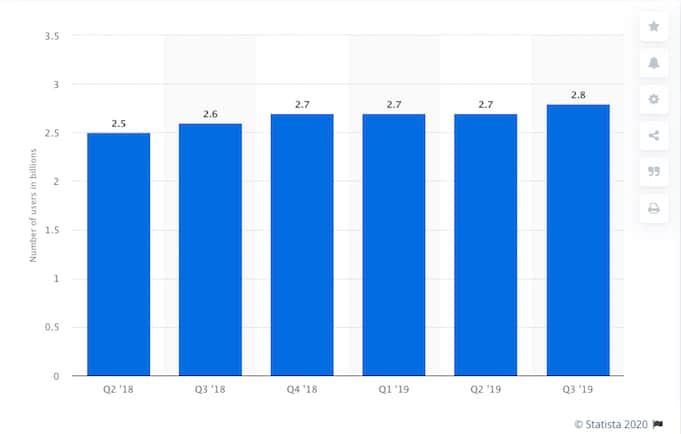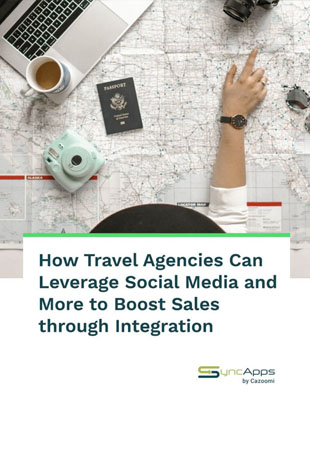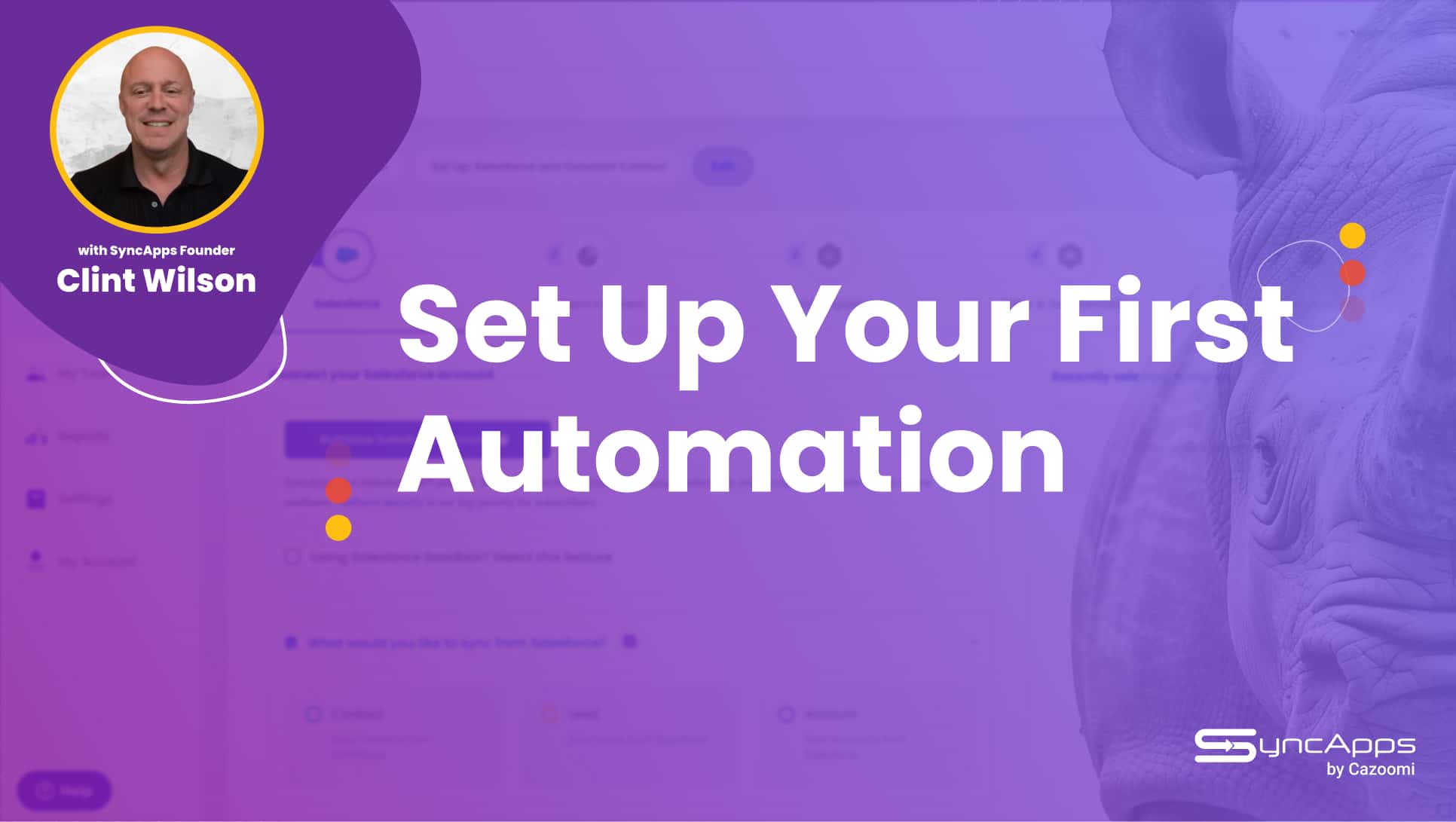Social media has been among some of the most powerful forces behind the growth and success of many businesses worldwide. The kind of disruption in terms of how businesses market their products and services is unprecedented and things keep getting better and better.
The social media space is complicated and fun at the same time. The world of business is slowly being transformed day by day thanks to the opportunities that have been presented by social media.
Research by Social Media Examiner shows that 97 percent of small-sized organizations utilize social media to attract new customers. On the flip side, 85 percent of the owners of these businesses have difficulties ascertaining the right social media tools.
If you thought this last statistic is disturbing, you are mistaken. Perhaps the most shocking thing is that 63 percent of consumers who search for brands online are more likely to turn into consumers of businesses with a remarkable presence on social media.
Is it possible that your travel agency has been missing out on the opportunity to take in new customers who have the potential of becoming brand ambassadors?
A travel agency that decides to ignore social media in this day and age commits a costly mistake. A lot has changed in the business arena since the launch of social media. In the beginning, it was only viewed as a media through which friends could interact but things have since taken a different path.
Travel agencies that have discovered and acknowledged this truth are scrambling for effective social media strategies. They have recognized the immense potential in a successful social media strategy as far as turning likes into dollars is concerned.
Business and social media have become inseparable – whether we are talking about promoting products, providing customer service, or attracting new customers.
Apart from social media integration, travel businesses are also integrating various software solutions to enhance business processes and also make the most out of the solutions. For instance, some travel companies are already benefiting from the integration of their CRM, ERP, and email marketing solutions.
Introduction
More than any other industry, travel agencies can leverage social media to increase their sales. This is mainly because most of their target audience spends most of their time on social media looking for recommendations for their next destination.
Some will also be sharing their photos and videos on their respective social media platforms showing off to their friends and family how they are having the time of their lives.
Social media is also particularly important to travel agencies in the sense that it is an effective way of finding out what is trending, what customers are saying about certain destinations as well as getting the all-important feedback.
This way, your travel agency will always have an idea of what offers to promote in order to attract more numbers. It is also a good way of interacting with consumers and also getting to understand their needs.
Improving your customer experience is also very important and social media can effectively help you enhance your efforts easily. All of these combined with the right integration solution is your recipe for boosting your sales.
Why Your Travel Agency Shouldn’t Ignore Social Media
Two of the things that modern travelers value most are speed and flexibility, and they know where to get them both – social media. They have discovered that they can use the various social media platforms to not only research but also review, recommend, and purchase travel services and holiday packages.

Image Source: Smart Insights
Let’s take a look at some of the ways in which social media has become an important part of running and growing travel agencies.
Have Numbers Ever Lied? Not really. The graph below shows the number of Facebook users in millions until the third quarter of 2019.

Image source: Statista
Facebook surpassed the one billion mark (active users) towards the end of 2012. It was the first social network to hit this milestone. Eight years later and Facebook is still the world’s biggest social network with 2.45 billion monthly active users.
Note that active users refer to individuals who log into the network during the past month. In the third quarter of 2019, Facebook reported that 2.8 billion people were using at least one of the firm’s core products, Facebook, Messenger, Instagram, or WhatsApp.
See the below statistics.

Image Source: Statista
Currently, Facebook boasts of over one billion daily active users. Other social networks such as Twitter and TripAdvisor also enjoy quite a huge following of 320 million users and 60 million users respectively. These are just three out of the hundreds of social media networks at the disposal of the modern traveler.
Today’s travelers have made a deliberate choice to “live” in the social media platforms, as well as applications. For this reason, travel companies that pay little or no attention to social media strategies are missing out on the benefits of engaging a vast market and customer pool.
Social media users, mostly the millennials, never miss an opportunity to share their travel experiences on these channels. They share their experiences by posting videos, photos, links, and other types of content.
Other social media users who interact with the content also share. The cycle keeps repeating and the initially posted content spreads like wildfire.
And since we are already talking about the millennials, does your company only view them as leisure travelers whose use of social media is to share photos that depict their daily lives? If yes, an instant perception change is recommended, lest you lag behind.

Image Source: Marketing Charts
In this digital and highly connected era, a good number of millennials are important members of the workforce within the B2C, B2B, software, and logistic firms.
Travel companies can leverage this capability to distribute updates, notifications, special offers, and any other product/service information. Through social media, travel firms can reach out to millennials at a professional level – particularly those who play critical decision making roles.
If approached correctly, this strategy can significantly assist a travel firm to reach out to its target market using minimal resources.
Social media has the potential to greatly affect travel plans and purchase decisions. According to research, 52 percent of Facebook users report that their travel plans have been influenced by the photos their friends posted on the platform.
A further 55 percent of travelers like the social media pages related to the trips they have plans of the undertaking.

Image Source: Smart Insights
Take the case of the never-ending disruptions associated with the travel industry. A travel company that is keen on protecting its image, can use social media to combat inevitable disruptions emanating from natural disasters, adverse weather conditions, mechanical breakdowns, and political/regional unrest among many other variables.
Besides ruining the reputation of a travel company, improper handling of these unforeseen occurrences can negatively interfere with the firm’s ability to manage the demands of making alterations in bookings and reservations.
During such difficult moments, travel companies can confidently rely on social media networks such as Facebook and Twitter to make customers aware of flight delays and other travel-related impediments.
Travel agents can use the messaging features available on the different social media sites to have direct and real-time conversations with travelers. In turn, customers will appreciate the great level of customer service and the associated personalization – two things that will keep them coming back.

Image Source: BluleAdz
Furthermore, social media networks provide travel companies with an amazing way of staying on top of unfolding events as well as the reactions, needs, and responses of travelers during travel, or any possible supply breakdowns.
It means that travel companies get an almost-real feel of what is happening on the ground even if they aren’t at the scene physically.
By leveraging social media for travel and using the right strategy your business can experience an all-round tremendous growth – from broadening your client base to increased sales and, most importantly, gaining a competitive edge.
There are numerous ways through which travel companies can leverage social media to increase their sales. Emphasis must be put on the importance of posting original content, relatability (firms showing their human side and letting their voice be heard), and staying relevant.
Travel companies must also take advantage of hashtags without forgetting to stay focused on video seeing that modern travelers purchase travel packages and related products through visuals.
While the above tactics work, a more effective approach is the intentional use of multiple channels. The media and marketing arena has witnessed an enormous change. Today, people communicate via many different channels. Rather than use one, travel agencies should consider embracing several others, if not all, types of social media marketing.
Easier said than done?
Not at all – with social media integration in the picture.
And that’s the leading reason why travel companies shouldn’t waste effective integration opportunities when it comes to the use of social media to grow their sales. In the absence of an integration strategy, travel companies will find the use of multiple social media websites increasingly exhausting, and at times, a nearly impossible thing to achieve.
Social media integration entails the use of a tool that brings all your social media accounts on a single convergence point.
As a marketing strategy, social media integration permits companies to leverage social channels to the maximum. You might want to think of it as an extension of your travel company’s marketing and branding efforts.
Briefly put: instead of logging into all your social media accounts, you can get an overview of everything that’s been happening with them in a single dashboard. That includes tags, comments, private messages, mentions, and more.
How to Approach Social Media Integration – and Other Forms of Integration
Consumers love to use various forms of communication. As such, catering to every preference is imperative. You risk losing the authority and the reputation you’ve built over time if you overlook integrated communication.
Some travelers may prefer to send you a message via your Facebook page. Others feel the most comfortable when they message you via Yelp, as opposed to sending regular emails. On the other hand, a traveler somewhere just wants to tweet what they feel.
What does this mean?
A travel agent who isn’t paying attention could lose valuable leads by failing to avail of their preferred method of communication.
The first step towards ensuring effective integration is to familiarize oneself with the landscape. Begin by establishing the platforms that work best for your travel agency. Which ones exhibit the highest audience engagement and growth?
Among the best ways of determining this is to evaluate like-minded brands. Take time to scope out your competitors and then leverage every effective strategy.
Step away from the norm. For instance, rather than just looking at the number of followers, try to identify new patterns of engagement and investment. If your competition is on social media (and you can be sure that they are!), check out their posting frequency, the rate of engagement, and their response time.
While keeping an eye to your competitors – for benchmarking – do everything possible to create a unique strategy. There is no one-size-fits-all in social media integration. If need be, consider hiring an expert to help you put the right social media integration strategy in place.
Social media experts advise travel companies to pay attention to their potential customers as well. What many firms fail to acknowledge is that prospective customers are a basis for their success.
Another thing that you must do is to know your audience. Find out where they hang out on the Internet. When integrating, prioritize the channels you identify.
Lastly, do not begin integration without goals. Define your goals. Determine the exact reasons for adopting integration. From there, you can implement your plan and then gauge its impact on your sales.
From time to time, assess your performance in different areas including engagement and customer responses, and then make the necessary adjustments.
Do not forget to involve all your staff in this process. The last thing you want to deal with is resistance from within. By involving them from the beginning, you will help them own the process, and in turn, give it their best to see it become successful.
Employee recognition goes a long way in empowering workers as it gives them a sense of belonging. Once you have ensured it, you will not have to tell them to make your brand known. They automatically become brand evangelists.

Image Source: Digital Marketing Uni
Beyond Social Media Integration
Integration goes beyond the use of social media. It also includes the integration of other equally important digital marketing channels and business processes.
There are numerous other ways through which travel organizations can deploy integration and reap amazing benefits.
A good example is the way travel companies are integrating their CRM and ERP software with their Sales and Marketing solutions.
CRM is the bedrock upon which sustainable travel companies are built. It, therefore, explains why a good number of travel agencies do everything possible to identify a platform capable of offering reliable and fully functional CRM tools.
One such software solution is Microsoft Dynamics 365. Dynamics 365 is a robust cloud-based business application platform with elements of CRM, ERP, productivity applications, as well as tools of artificial intelligence.
Travel agencies are also heavy users of Mailchimp – an all-in-one marketing solution. Mailchimp helps organizations to manage and interact with their customers, clients, and other interested parties. Mailchimp was designed to ensure healthy management practices of the contact lists, beautifully-designed campaigns, and robust data analysis.
Many travel agencies love to depend on more than one software solution partly because not a single solution can offer everything a company wants. The significant challenge, therefore, entails the integration of several applications for businesses to reap optimal benefits. Thankfully, that’s not impossible anymore.
Today, organizations can easily combine several software thanks to the availability of reliable integration apps.
For example, through SyncApps by Cazoomi, travel agencies can now seamlessly integrate Mailchimp and Dynamics 365 to PEAK 15, for example, to run their operations smoothly.
The PEAK 15 systems that utilize Dynamics 365 – a cloud-based enterprise resource planning and customer relationship management system – that deals with business functions like field service, customer service, marketing, finance, operations, projects, as well as sales and senior management. PEAK 15 Systems also uses Mailchimp for its email marketing automation.
To ensure efficient management of business processes, and guarantee maximum use of the two software, PEAK 15 Systems realized that they needed an integration platform – and that’s where SyncApps came in. SyncApps made it possible for PEAK 15 Systems to enhance its business processes through the integration of Dynamics 365 with Mailchimp.
Other key integration solutions that leading travel agencies depend on for smooth operations also include QuickBooks Online to Constant Contact and Netsuite to Mailchimp.
These integrations will help your agency to effectively track the total number of subscribers on your books, monitor the progress on your most recent email campaigns as well as enable you to keep tabs on your contacts.
Syncing your QuickBooks Online contact and customer details to Constant Contact, for instance, is also a critical part of the process, which this integration solution also does extremely well.
The travel and hospitality space is benefitting immensely with the adoption of these and other integration solutions. Integration has helped many travel agencies to scale up effortlessly and, in turn, be in a better position to remain in the game for longer in an otherwise competitive environment.
Conclusion – Making the Most Out of Social Media Integration
Among many other things, the secret to making the most out of your integration lies in finding the best integration partner.
While searching for useful ways of establishing a brand and creating meaningful connections can be a hassle, it is a worthwhile effort – especially when you succeed in finding people with whom you can build formidable and rewarding collaborations.
Once you’ve found a reputable provider of automation and integration solutions, you will not only realize the above-mentioned benefits but also find your work more meaningful.
And while you’re at it, remember that you can integrate more than your social media channels. A complete overview of your marketing and sales activities, in a single dashboard, can go a long way in giving you the competitive edge all travel companies need today.
Look beyond social media integration to bringing your CRM, ERP, email marketing, and other business and marketing processes under the same virtual roof.
About Cazoomi
Cazoomi allows travel companies to integrate critical everyday business data through our SyncApps integration platform. Integrate CRM, marketing automation, eCommerce, financial, and support software to the software you use today. We offer more than 150+ integrations and help you set up, explore your options, and guide you through usage.
SyncApps by Cazoomi enables travel agencies to deploy software as a service for their financials, handle support, CRM, eCommerce, and marketing integration with ease and at a price point built for any organization.
For more information, visit https://www.cazoomi.com/











